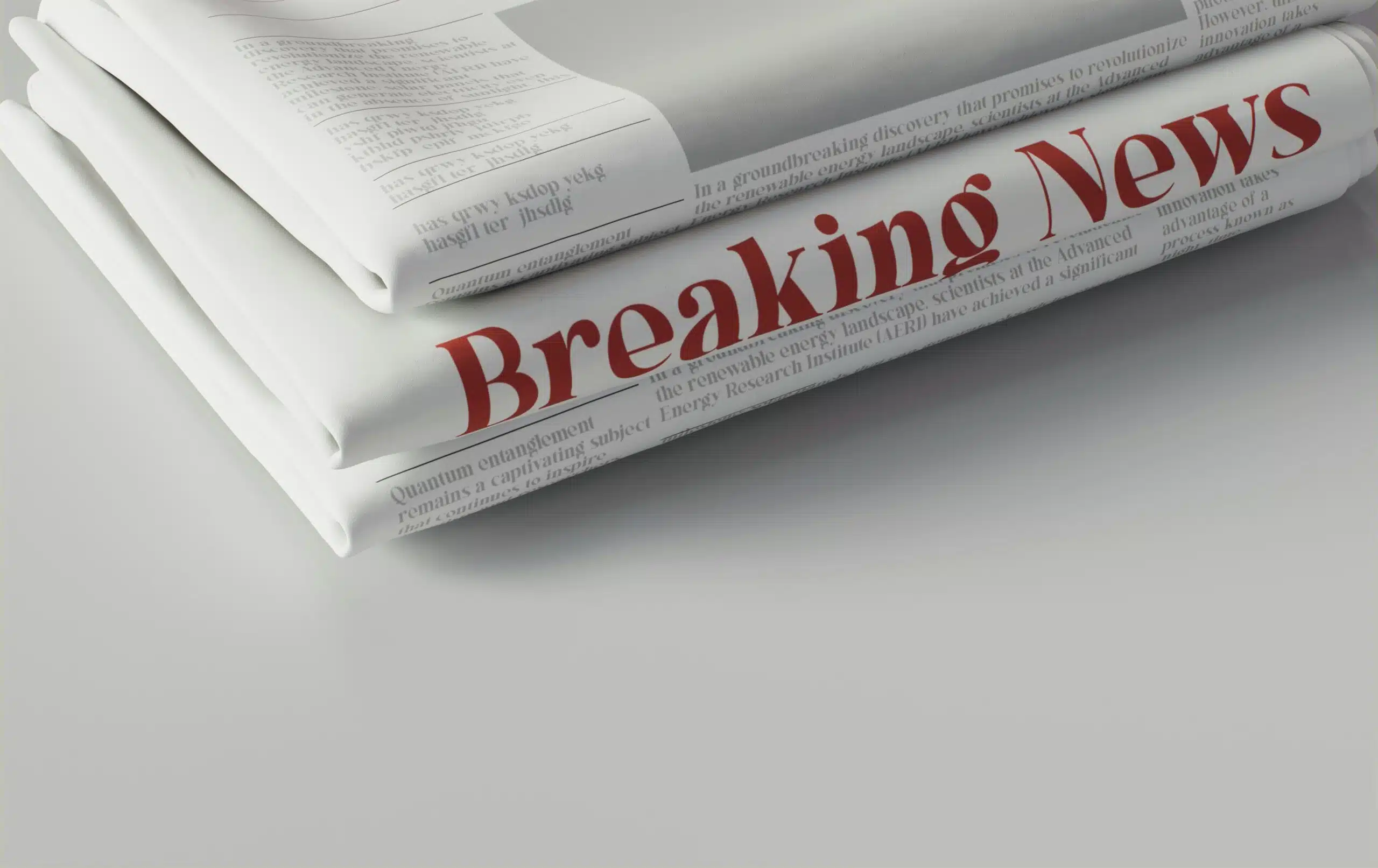HR at a Breaking Point: Time to Rethink the Role?

How much of your time do you spend fighting for initiatives you know would benefit the company? If you’re in HR, chances are the answer is: more than you should.
Now imagine what it would feel like to be fully supported by leadership—to have your ideas not only heard but championed. To work in a place where the people function is seen as a driver of success, not an afterthought.
The truth is, HR can look radically different from one workplace to the next. It’s a cross-functional role that can be empowered to transform a company—or boxed in and limited to checking compliance boxes. In one company, you’re part of every strategic conversation. In another, you’re treated like a glorified administrator.
Before COVID, HR wasn’t even considered essential in many companies. It was often viewed as a cost center or a purely administrative function. Fast forward a few years—and a global crisis later—and HR is finally being seen for what it truly is: the engine room of a healthy, sustainable organization. But that doesn’t mean the conditions have caught up with the expectations.
The Crisis Behind the Curtain
Let’s talk numbers for a second.
More than half of HR departments are understaffed. As a result, 57% of HR professionals report working beyond normal capacity. Burnout is becoming the norm, not the exception.
Even more alarming: Nearly 4 in 5 (79%) are open to leaving their jobs.
That statistic isn’t just a red flag—it’s a five-alarm fire. If the very people responsible for workforce wellbeing and strategy are being stretched to the edge, what hope does the rest of the organization have?
It raises a critical question: Would HR professionals feel differently if they worked in environments designed to support—not sabotage—their success?
What Your Team Thinks of HR Matters More Than You Think
Here’s something we don’t talk about enough: How does your team actually see you?
Are you looped in at the beginning of a decision—or the last to find out? Are you invited to help create solutions, or asked to clean up the mess afterward? That subtle difference can entirely reshape your experience of work.
And it’s not just about ego. It’s about effectiveness. You can’t influence what you’re not included in. And when HR operates from the margins, it’s set up to fail.
You can have the same job title at two different companies and have completely different experiences. Just ask HR pro Dave Rietsema, CEO of HRInsidr, who went from a culture-driven company like Target to a finance firm that couldn’t have been more different.
“At Target, I felt like what I did mattered,” Dave shared. “Then I switched roles and was told to just keep things afloat. I went from being valued to being dispensable. It was like night and day.”
That story isn’t unique—and that’s the problem.
The Weight of the Work—and the Culture That Holds It
Being in HR often means wearing many hats. You’re a strategist, a counselor, a compliance expert, a mediator, a change agent, and a coach. It’s a role that requires depth, emotional intelligence, and business acumen.
But all of that falls flat without the right ecosystem to support it.
During our recent Psychological Safety webinar, Kim Williams shared a powerful insight: psychological safety isn’t just about giving people permission to speak up—it’s about designing environments that know how to listen and respond.
That same principle applies to HR. It’s not enough to put an HR person in place and expect magic. The system itself has to support them.
So, what separates the HR roles that flow from the ones that drain you?
Five Conditions Where HR Thrives
When these conditions are met, HR becomes one of the most exciting, high-impact roles in an organization. When they’re not, it can feel like an endless uphill battle.
Want a Better HR Job? Ask These Questions First
TestGorilla CEO & Co-founder, Wouter Durville, recommends every HR professional ask the following questions—especially when considering a new role. Think of them as your compass in a job search, or even a litmus test for where you currently stand.
Why These Questions Matter Now More Than Ever
For a long time, HR was relegated to the background. But COVID, political discourse, racial reckoning, and rising mental health concerns changed that. Suddenly, companies had to confront what was happening inside their cultures—and HR was front and center.
We saw an unprecedented demand for interim CHROs in the wake of that shift. Companies were scrambling to steady the ship and retain talent, and many realized too late that they had underinvested in their people strategy.
Now, more organizations are waking up to the fact that HR isn’t just a back-office function—it’s a strategic necessity. The transition from HR Manager to CHRO is becoming more common, and the opportunities are expanding. But many companies are still stuck in outdated thinking, applying new expectations to old structures.
And that’s where the disconnect happens.
HR Shouldn’t Have to Fight This Hard
We shouldn’t have to fight tooth and nail just to do our jobs well. Yet that’s the reality for so many HR professionals today.
When HR is resourced, respected, and included, it can build some of the most resilient, inclusive, high-performing workplaces out there. When it’s sidelined, everyone suffers.
So whether you’re evaluating a new opportunity or rethinking your current role, come back to those 12 questions. They’re more than a checklist—they’re a roadmap to a better experience in HR.
You deserve to work in a place where you’re not just surviving, but thriving.
Because the truth is, HR is the heart of the organization—and when the heart is supported, the whole system works better.



